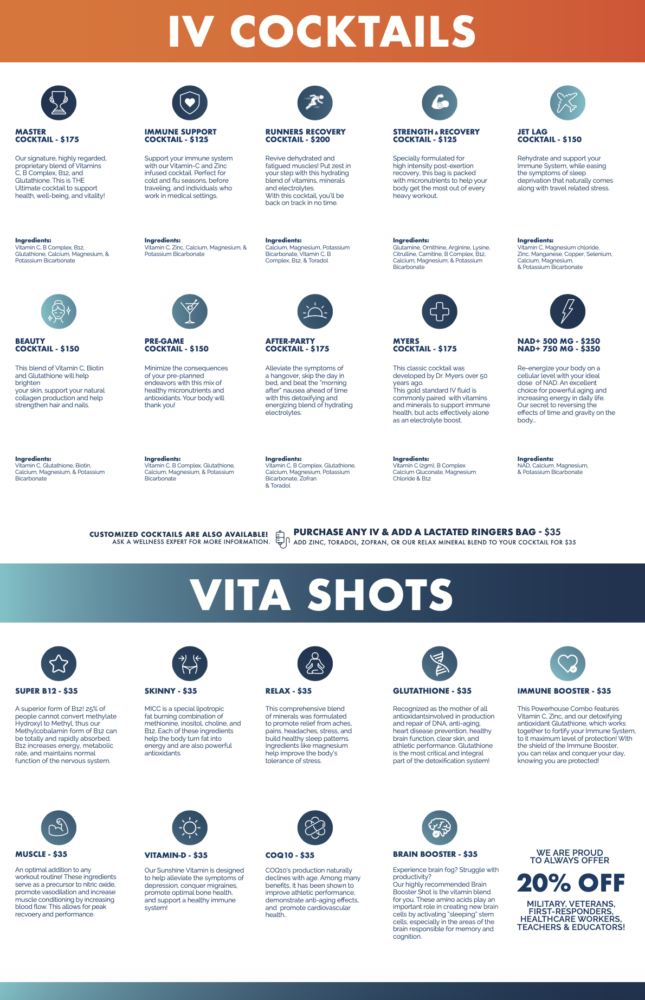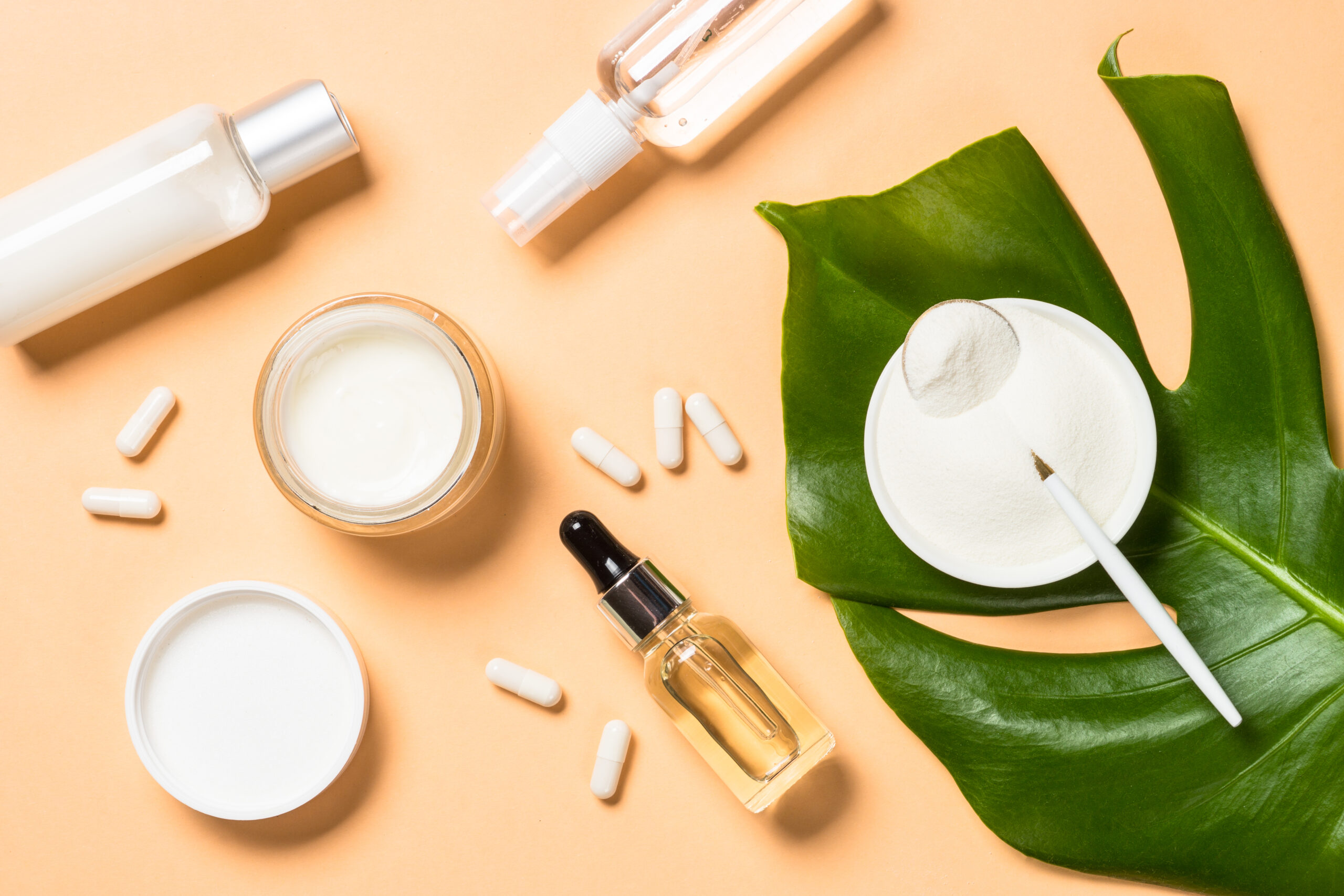Enjoy Actively Aging
Our assumptions about the elderly are generally fed by stereotypes and caricatures. These assumptions are often supported by some of the people we know in our own lives. Certainly, some people lose their ability to move well as they are aging, but that doesn’t mean that you have to. Typically, the mental image we have of an old person is someone hunched over, slow moving, frail, doddering, losing their memory, their sex drive, and continence.
In contrast, there are those that compete at the Senior Olympics well into their 80’s. Surprisingly, one of the most competitive age groups at many marathon races are the “over 60s”. Attitudes are changing. Many are realizing that your body does not have a “best before” date. Actually, your body is more than capable of lasting your entire life. The problem lies in how (and if) we use it. There are some positive things, entirely within your control, that you can do.
How Your Body Deteriorates
During the typical workweek, we often sit in an office hunched over a computer screen. This repetitive inactivity eventually results in some kind of disuse-related injury. The resulting discomfort usually leads to more sitting or lying down which further contributes to the deterioration. Unfortunately, many people continue sitting down into their retirement. With a progressively sedentary lifestyle, the body gradually loses flexibility, muscle tone, strength, and dynamism. We start to experience chronic pain that is often exacerbated by illness or inflammation.
This brings up important questions to consider. Do we become less active because we are in pain? Or, do we experience pain because we are inactive? Regardless of the cause/effect order, there are options readily available to slow down or even prevent these changes.
Looking Good Physically
Research has repeatedly shown that as we become less active, our diet and nutrition begin to suffer. Our outward appearance usually offers the first visible signs of aging. Efficiently getting the appropriate vitamins, minerals and other nutrients is often the best first step towards an effective, active, anti-aging strategy. Nutrition is a vitally important component that helps determine the way you age.
Many of the illnesses associated with aging are the result of long-term nutrient deficiencies. Ensuring that you continue to get enough vitamins, minerals, and micronutrients will provide all of the raw materials necessary to keep you looking and feeling as young as possible.
Supplements
One of the very best ways to stay young is to simply eat the right food in the right quantity. However, for many people it is often difficult to eat enough food. Research has continued to find a strong link between reduced physical activity and a reduction in the amount of food consumed. Most people report that they simply cannot “eat like they used to”. Activity levels and appetite seem to decline together.
As a result, the body has fewer resources available to repair and maintain itself. Eating the right foods can help you to fend off deterioration as well as fortify yourself against illness. There is, however, a readily available solution. Supplements are often a potent and convenient way to satisfying the body’s critical needs. Research has repeatedly demonstrated that intravenous (IV) introduction of supplements is a far more efficient delivery method than taking oral supplements. Because they are not subjected to the harsh digestive environment, supplements introduced by the IV method approach 100% absorption with dramatically improved bioavailability.
Antioxidants
Some of the most important nutritional supplements currently available are antioxidants. They help to combat free radicals in the body. Free radicals are highly reactive compounds that are destructive when they come into contact with healthy cell walls. They attack and damage the exterior walls giving the cells a wrinkled and aged appearance. They can eventually break through to the DNA and cause mutations that lead to dysfunction and disease. Efficiently getting necessary antioxidants helps to minimize the risk.
Vitamin-C is often regarded as a primary anti-aging agent and wrinkle fighter. Vitamin-C increases the synthesis of collagen, a structural protein responsible for the elasticity in skin. The additional benefit of Vitamin-C is its’ ability to neutralize skin-damaging free radicals. Vitamin-C also happens to boost the immune system. Vitamin-C based supplements are a very popular and effective means of anti-aging skin care.
Skin Care
It is often said that “the packaging is as important as the gift”. Your packaging, in the form of your skin, provides the most visible evidence of your age. We generally associate skin care to just maintaining good looks. However, your skin is responsible for much more than just that. There are many benefits associated with a healthy and glowing skin.
A proper skin care regimen can make a massive difference in your appearance and the perception of your age. Glowing and healthy skin is an asset. Skin condition is also closely related to your health. Your skin is the largest organ in the body and plays a major role in detoxification. From sweating to remove harmful toxins, to getting the appropriate sunlight exposure to form Vitamin-D, the skin is the protective outer covering that requires constant maintenance.
A simple but vitally important natural skin care technique is to maintain adequate hydration. The key to this measure is to consume a lot of water. Adequate water helps flush toxins from the body through the natural process of sweating. Although many people satisfy themselves with drinking water, a far more effective and efficient method of rehydrating is through IV therapy. Efficient and proper hydration helps promotes good health for all organs (not just the skin).
Keep Moving
Another simple answer is to either keep moving or to begin moving again. Ideally, there should be no reason to stop moving. You should resist the temptation to slow down because maintaining a level of activity is absolutely necessary for the body to remain strong. Active movement is vital to avoid visible and functional aging. Make sure to continue even simple exercise activities like walking or swimming. Consider working with a trainer. Find someone who understands functional movement and keep active. Use more activity to retain your youthfulness.
Feeling Good Mentally
Watching our bodies become weak and frail, as we get older can often be painful and depressing. Over time, we may find ourselves becoming less able-bodied, slower moving, and appearing much older. What is truly more disturbing is realizing that your brain may be starting to fail. Our brain is what houses the very essence of who we are. It is the brain that tracks, registers, and interprets all of our subjective experiences. Realizing that this vital capacity may be deteriorating can be very frightening.
Broadly speaking, there is good news and bad news. There are two types of intelligence to consider: “crystalized” intelligence and “fluid” intelligence. Crystalized intelligence is information acquisition and knowledge. Fluid intelligence is the ability to analyze and reason. The bad news is that our reasoning skills (Fluid) often deteriorate as we age. However, the good news is that crystalized intelligence actually improves as we continue to gain more knowledge over time.
One of the most beneficial things you can do for your brain health is to keep learning. This involves repeatedly subjecting yourself to novel experiences. Research has suggested that the brain operates on a “use it or lose it” basis. If you continue to go through the very same actions day after day, your brain slowly loses the ability to learn and adapt to changes. Unfortunately, many people slow down and stop subjecting themselves to new experiences as they age.
Recent research has found that a simple method for retaining brain health is to maintain social contact. Social interaction stimulates the production of positive hormones and helps keep the brain active and challenged. Unfortunately, as we get older, we often reduce our social contact. This means less social stimulation, which typically results in more rapid deterioration.
Don’t Let Retirement Kill You
If you’re like most people, you are eventually going to retire. When that happens, you will probably have a great deal more free time. For many, retirement seems like a looming “end point”. In reality though, this can actually be a starting point for a more active exploration of the world around us. The secret is not to stop as you age. It’s never too late to do what you have always wanted to do.
Make sure to give yourself new challenges, goals and activities. Invest your resources in products, behaviors, and techniques that have been demonstrated to help you stay “in the game”. With the money, experience and other resources that come with retirement, now is the perfect time to start!







